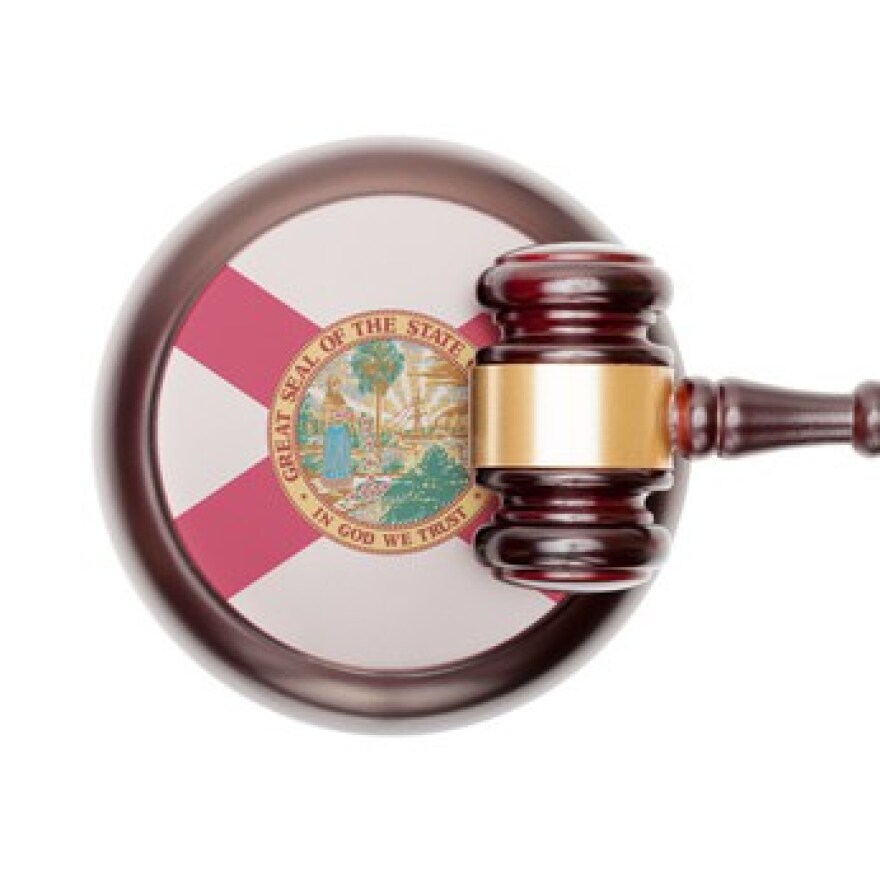A Tallahassee circuit judge is expected to decide in a few weeks whether Florida is living up to a 1998 constitutional amendment that requires a “high-quality” education -- one of the toughest mandates in the country.
Gainesville-based Citizens for Strong Schools sued in 2009, but procedural challenges delayed the non-jury trial for years. In the past four weeks, Judge George Reynolds III heard witnesses from 14 districts describe a resource-starved system responsible for 1 million students unable to read at grade level.
In her closing arguments, Citizens attorney Jodi Siegel ticked off the services a “high-quality” system should have.
“Counselors to help kids with trauma focus on school, behavior specialists to help learn kids to behave so they can focus on schools, social workers to connect and engage families with school, guidance counselors to assist with career development.”
Some of the plaintiffs’ arguments appeared to hit home. Reynolds wanted to know why two Pinellas elementary schools were allowed to earn F grades four years in a row.
“I can tell you frankly the court was astounded to hear that you could just be in this ‘F’ status for such a long period of time. It’s almost like complacency. Why have a standard if you’re not going to enforce it?”
But Rocco Testani, an attorney for the state, argued that Florida has made dramatic gains in closing the gap between white and minority students since voters approved the 1998 amendment.
“We’re now No. 1 in the country against states that spend a lot more money, against states that have fewer poor students, against states that have fewer disadvantaged students, Florida is now No. 1.”
Teachers and administrators ultimately deserve the credit or blame for student performance, Testani said.
This isn’t the first time teachers and reformers have asked the courts to force the Legislature’s hand. In 1996, the Florida Supreme Court dismissed a similar suit, with justices saying they didn’t want to intrude on lawmakers’ turf. Reynolds is expected to rule in a few weeks.


